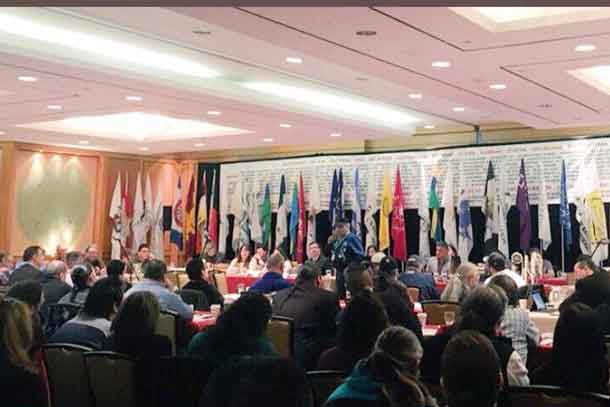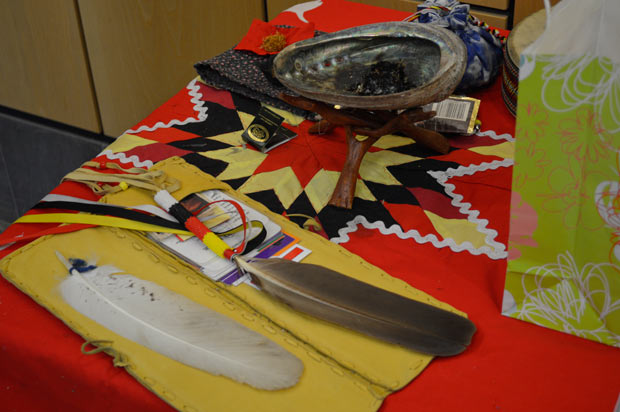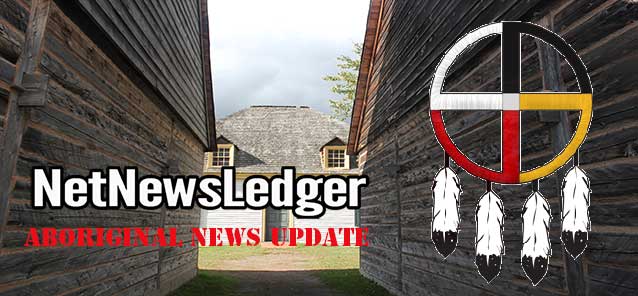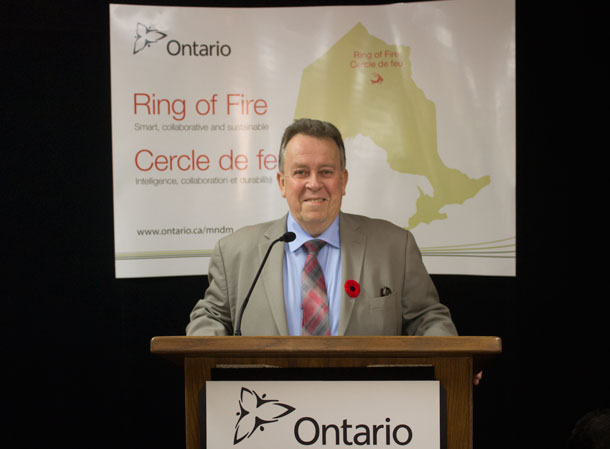
• COO Restructuring
• Ontario Policy Landscape
• DISC Ontario Fair Share
• Federal Legislative Agenda
Chief Day reports, “There were a total of 5 resolutions passed – which is a very untypical way that things are usually done. We had a four-issue focused agenda that required very specific direction from the Chiefs / Proxies – we achieved this.
“The Chiefs were firm, decisive and our strength and unity behind the endorsement of all the resolutions. Follow-up will commence immediately this week.
“The Elders were a huge part of this assembly – helping guide and set the tone; but also providing support to the Chiefs during the times where we needed reflection, pause, and prayer. We must never again lose sight of their importance and how much we need them.
“The follow-up is going to be crucial as we enter the next several weeks before the AOCC – the All Ontario Chiefs Conference to be held in Nippissing First Nation in June 26, 27, 28 – 2018.”
By Ontario Regional Chief Isadore Day
TORONTO – For the past two days, a Special Chiefs Assembly was held in Toronto to deal with urgent matters — restructuring the Chiefs of Ontario organization; developing a strategy to address the lack of federal funding equity in Ontario, and addressing the upcoming provincial election and impending federal legislation that directly impacts First Nation rights.
We are finally getting some unity on important issues from all regions. This is critical if we want the Chiefs of Ontario to be an organization that responds and serves the leadership in our communities. We are all reminded of the urgency we have in regard to our relationship with both the federal and provincial governments.
Ontario has 25 percent of the First Nation national population, but only receives 8 to 11 percent of the national federal funding. At this rate, the housing crisis will worsen. We will never be able to address urgent needs from clean water to health. For example, Ontario requires $2 billion to address the housing crisis on-reserve.
The current national funding level of $200 million per year, translates, at best, into $50 million for the Ontario Region. Without significant funding increases as aligning with regional population profiles, this crisis will continue and likely worsen. The Chiefs of Ontario are now working with the Ontario Region of Indigenous Services to correct this funding inequity as soon as possible.
On February 14th, 2018, Prime Minister Trudeau announced the government’s intention to table an Indigenous Rights Framework and Legislation, to be passed before the October 2019 federal election. The current engagement process consists of three-hour regional meetings with various interest groups, along with email submissions.
By the end of this August 2018, the federal government will implement legislation to legalize the sale of Cannabis. Currently, there are no provisions in the legislation which address First Nation needs, from health and public safety to youth education and economic development. Other pieces of federal legislation that will directly impact First Nation land rights include Environmental, Energy, and Navigable Waters. All of this legislation requires deep consultation including co-development by First Nations.
Ontario Chiefs will remind the federal government at the May 1-2, 2018 Assembly of First Nations’ Special Chiefs Assembly on Federal Legislation, that this must be seen as only one small part of this consultation and co-drafting process. The federal government must also engage directly with Indigenous Nations and the First Nation communities and grassroots’ membership. First Nations will self-determine on how they will engage directly with the federal government.
Finally, many First Nations continue to not engage in Ontario elections, some First Nation citizens are actively involved, and First Nation members are engaged in the party system. However, the Ontario election will have an impact on First Nations citizens and communities regardless of being engaged in the election or not.
There are a number of critical issues that all Chiefs and First Nation leadership must be able to have information and support from the Chiefs of Ontario. These issues, include but are not limited to, such areas as Resource Revenue Sharing, health, education, boil water advisories, housing, cannabis, child welfare, policing and public safety. Fact sheets will be sent to the Chiefs in order for them to respond to their citizens, the media, and various parties to advocate for First Nations’ issues within the election cycle in the Province of Ontario.
We must never back down when colonial governments tell us to how to live our lives. We will exercise our own laws and our own jurisdiction. We will continue to advance our Nationhood in order to secure a better future for our children.
Chiefs we must never back down when colonial government tell us to how to live our lives. We will exercise our own laws, our own jurisdiction. This SCA is our opportunity to set that path.
How do we do this? By focusing on being Accountable, identifying our Priorities, and seeking your Direction.
Our next step from here is to provide a report and action plan on the resolutions that are being brought forward for your consideration.
Meegwetch – for being here.
Ontario Regional Chief Isadore Day







